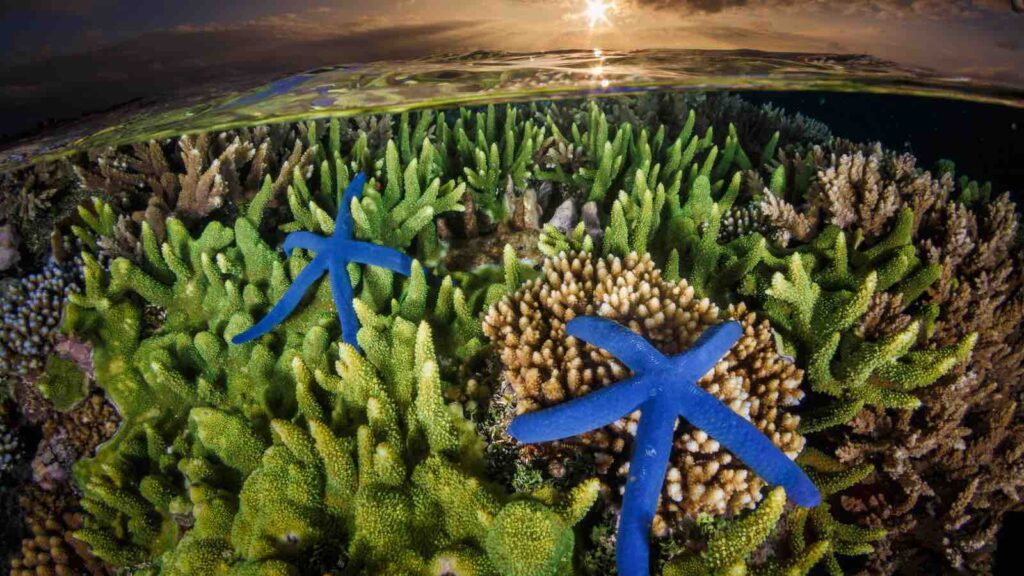According to the report, the fossil fuel industry’s reach already overlaps critical conservation areas. As energy demand in the Coral Triangle nations is set to triple by 2050, balancing conservation with energy needs remains a formidable challenge
A new report presented at the U.N. Convention on Biological Diversity summit has sounded an alarm over the rapid expansion of fossil fuel projects in the Coral Triangle, a biodiversity-rich region spanning six countries in the Western Pacific. According to the report, new oil, gas, and liquefied natural gas (LNG) operations could unleash environmental devastation, including oil spills, damage to coral reefs, noise pollution, and increased greenhouse gas emissions, imperiling one of Earth’s most biodiverse marine areas.
RELEVANT SUSTAINABLE GOALS
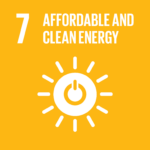

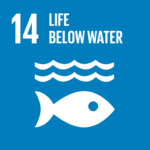
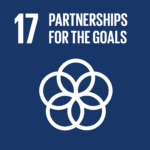
A Biodiversity Gem Under Threat
The Coral Triangle, a marine area encompassing the Philippines, Indonesia, Malaysia, Papua New Guinea, Timor-Leste, and the Solomon Islands, is home to an estimated 76% of the world’s coral species and numerous endangered marine species, such as green turtles and oceanic manta rays. This unique ecosystem supports over 120 million people whose livelihoods depend on fishing, tourism, and small-scale agriculture.
Florencia Librizzi, program director at Earth Insight, emphasized the risk this expansion poses. “Not only does it threaten one of the world’s most biodiverse marine ecosystems, it also jeopardizes the future of millions of people who rely on a clean ocean,” she said in a statement.
Overlapping Conservation Zones and Oil Fields
According to the report, the fossil fuel industry’s reach already overlaps critical conservation areas. Some 16% of the Coral Triangle’s marine protected areas, 11% of its key biodiversity areas, and 11% of important marine mammal areas currently fall within existing or planned fossil fuel blocks. This overlap threatens essential habitats for coral reefs, seagrass meadows, and mangrove forests, which together help to support the region’s biodiversity.
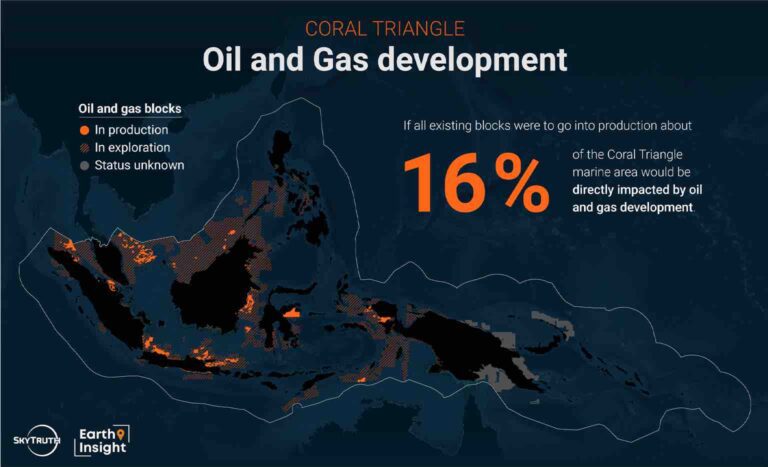
“The vast coral networks that make up the Coral Triangle are crucial for sustaining biodiversity through species migration and gene transfer,” explained Affendi Yang Amri, a coral reef ecologist at the University of Malaya. He noted that fossil fuel operations can fragment these coral networks, disrupting genetic diversity and weakening the ecosystem’s resilience. Amri stressed that energy development in the Coral Triangle must include stringent marine conservation measures, such as establishing buffer zones and requiring low-impact construction techniques.
With increased fossil fuel activity come heightened risks of oil spills, which have already wreaked havoc on the region. Since 2020, SkyTruth has recorded nearly 800 oil slicks around the Coral Triangle, mostly from bilge dumping by ships. Accidents, such as the sinking of the Princess Empress tanker off the Philippine coast in 2023, which spilled 800,000 liters of industrial fuel, highlight the damage spills can cause. The disaster impacted 20 marine protected areas, affecting local fisheries and costing an estimated $68.3 million in damages.
To address these risks, Amri suggested imposing financial responsibilities on oil and gas companies, including mandatory cleanup deposits. “Even with stricter LNG regulations, coral ecosystems would still face damage, though improved oversight can mitigate some of the risks,” he said.
LNG: A Cleaner Fuel or a Climate Threat?
The report also questions the environmental benefits of LNG, often marketed as a cleaner alternative to coal. While LNG produces less carbon dioxide than coal, it is primarily composed of methane, a greenhouse gas that traps heat 80 times more effectively than CO₂ over a 20-year period. This methane can leak from ships and tankers during transportation and loading, a phenomenon known as methane slip. A 2022 study published in Environmental Science & Technology indicated that methane slip from LNG tankers is higher than previously estimated, potentially offsetting any climate benefits LNG offers over coal.
If planned LNG projects proceed, the Coral Triangle may be locked into a fossil fuel economy that contradicts the objectives of the Paris Agreement, the report warns. Such developments could hinder global efforts to combat climate change and risk pushing the Coral Triangle’s delicate ecosystem past a tipping point.
In response to the findings, the report calls for a moratorium on new fossil fuel development in ecologically sensitive areas within the Coral Triangle. Additionally, it recommends designating the region as a Particularly Sensitive Sea Area (PSSA), a designation under international maritime law that would grant it heightened protections against shipping impacts.
“Fossil fuel expansion is destroying vibrant marine life and livelihoods in the Coral Triangle,” said Gerry Arances, executive director of the Center for Energy, Ecology, and Development (CEED) in the Philippines, a think tank that contributed to the report. He urged governments to pivot towards renewable energy. “Communities across the Coral Triangle will not allow this to happen, especially when we have abundant renewable resources to meet our energy needs without destroying our coasts and seas,” he added.
Lead image courtesy of Grant Thomas / Ocean Image Bank (Blue starfish (Linckia laevigata), Indonesia)
You may also be interested in :
Breeding Resilience: How Coral IVF Is Changing The Future of Reefs


